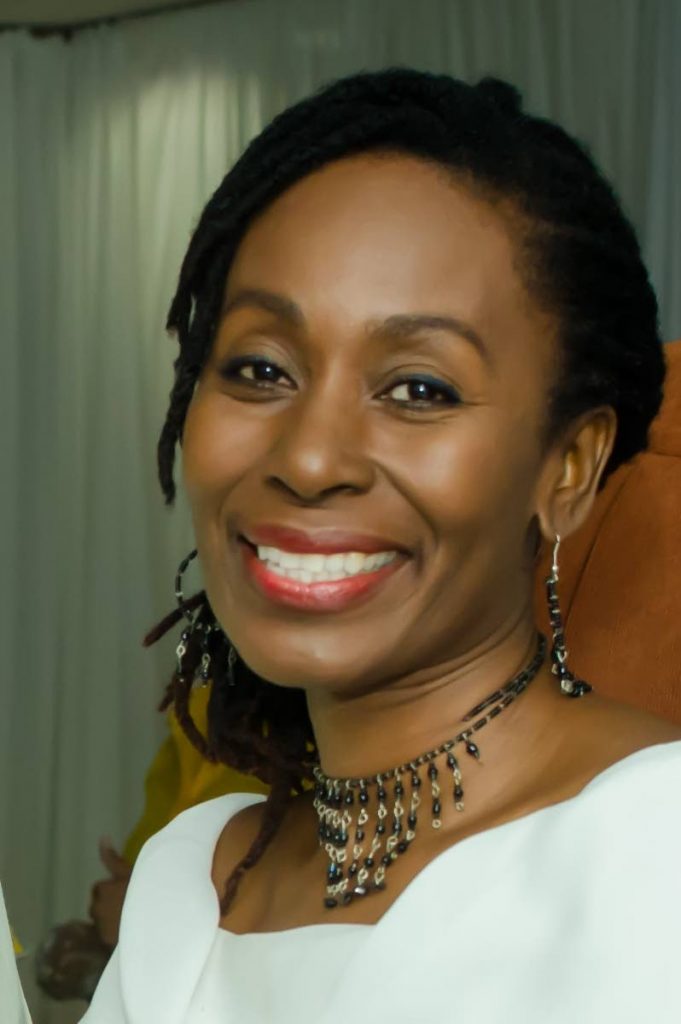Calypso budgets

Culture Matters
DARA E HEALY
The Doctor say to pay as you earn
But Sparrow say you paying to learn
But me father say he sharpening the axe
For when the collector come to pay off the income tax
– P*A*Y*E, Mighty Sparrow, 1958
OCTOBER is the month of the griot. We call it Calypso History Month in honour of our national storytellers, but the griot of West Africa is where the story began.
On the continent, the powerful storyteller advised the royal courts. They were famed for their stories, as well as the talent to create music and extraordinary masquerades. It was widely believed that their wisdom came from an ability to communicate directly with ancestors and deities. They would mediate conflicts, but had no fear of challenging royalty.
And so it is with the calypsonian. One hundred and seven years after the first calypso was recorded we continue to recognise their contribution to the development of our nation. Sometimes they were supportive of government policy, as with Mighty Sparrow’s 1958 PAYE (Pay As You Earn). From his perspective, the money would support the education needs of society. However, it is clear that the new form of taxation was not appreciated by everyone, since in the song people like his father were prepared to deal with the tax collectors if they came calling.
In a rare moment of support for government policy, in 1939 Atilla the Hun sang with some pride about improvements in Port of Spain. “A mammoth engineering job has been executed/I mean the harbour scheme that's just been completed/Port-of-Spain will hold her place with ease/The premier city in the West Indies.”
It is easy to understand Atilla’s relief, with the world emerging from WWI and a devastating pandemic in 1918. Even with a second war looming, any sign of progress would have been welcome.
But, perhaps like the griots of old, calypsonians are at their most lyrically deadly when issues within government affect the livelihood of citizens. After the labour uprisings of 1937, the colonial government initiated an inquiry into what it already knew – the reason for discontent within the workforce.
This time Atilla was not as understanding. “A peculiar thing of this commission/In that 92 lines of dissertation/Is there no talk of exploitation/Of the worker or his tragic condition/Read through the pages, there is no mention/Of capitalistic oppression/Which leads one to entertain a thought/And wonder if it's a one-sided report.”
For decades, citizens of TT have marvelled at the extent to which this nation, replete with oil, pitch, natural gas, cocoa and much more, continues to struggle with inequality. In 1975, Brother Valentino’s satirical piece Dis Place Nice lamented the shiny image that the outside world held of TT, while drawing reference to serious social issues. “So I cannot agree with my own chorus/Trinidad is nice, Trinidad is a paradise.”
In 1983, Tobago Crusoe found that the Calypso Monarch judges agreed with him when he sang Don’t Cry, a calypso which echoed the disbelief of the people over the state of the TT economy. “Now that rainy days are here/I don’t see why we didn’t repair/Trinidad have no right to be bawling now/...We spend millions on food alone/When we could have grow we own/But we have cash to spend/Why plant when we all can buy?”
Linguistics professor Maureen Warner-Lewis unearthed the connection between the calypso and songs of lament and loss chanted by the enslaved on the plantation. Translated from the Yoruba, Congo and other languages of the enslaved, many of the songs speak of a longing for home, loss of parents and cultural traditions. The work songs also provide an insight into the state of mind of the singers and the reality they are forced to endure. These early songs certainly inspired the slow pace of the calypso, sweetened, yes, with the minor key, but fuelled to an extent by that ancestral pain.
Our fierce calypsonian Singing Sandra embodied this pain in her music. Voices of the Ghetto still stands as an indictment of inequality in our nation. In 1999, barefoot, to maintain her connection with Ma Ile, the earth, she sang, “Empty promises is what they hear/No running water from year to year/Hearts that know one desire/That if there is a Messiah/Someday he'd hear their whispered prayer.”
In the times we face, prayer is not enough. Calypsonians have been calling for positive change, yet we continue to ignore their wisdom. Perhaps we should respect our griots more. Perhaps we need calypsonian griot advisers in the realms of our Parliament.
Dara E Healy is a performance artist and founder of the Indigenous Creative Arts Network – ICAN

Comments
"Calypso budgets"